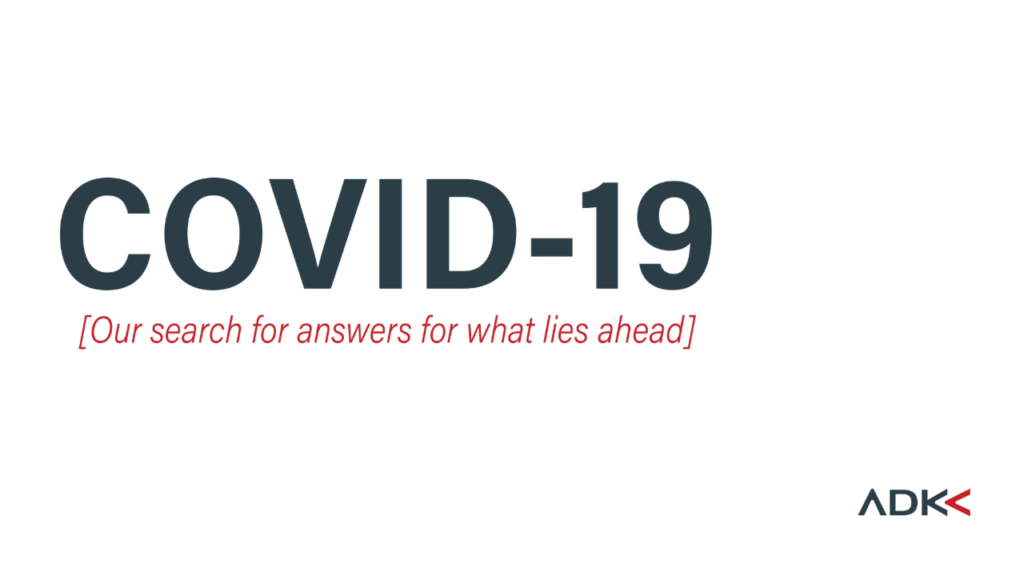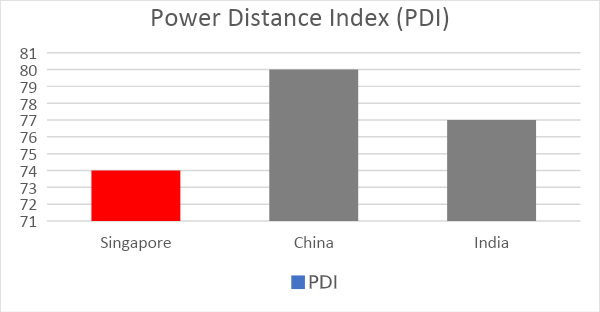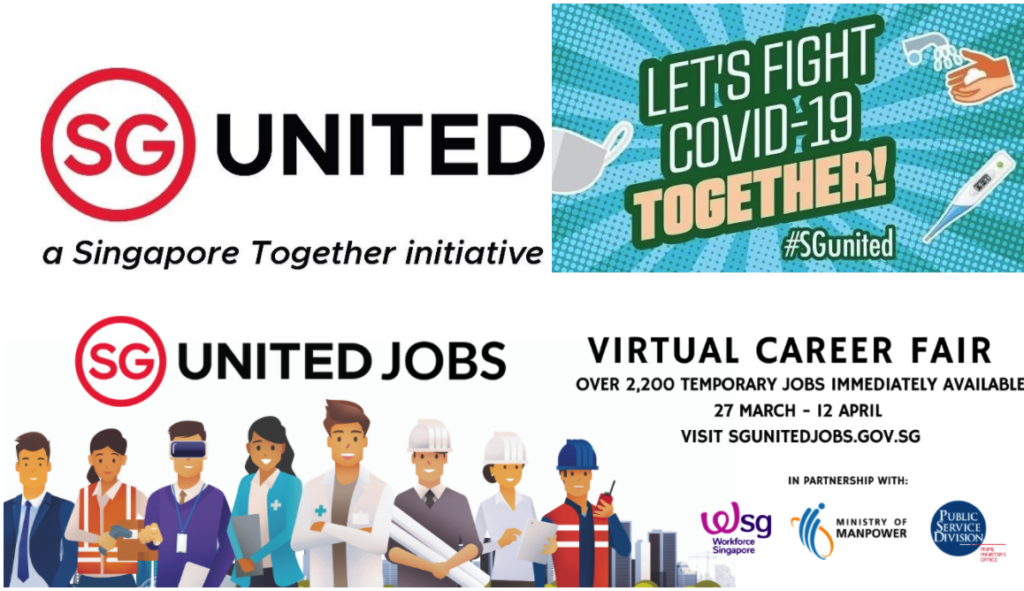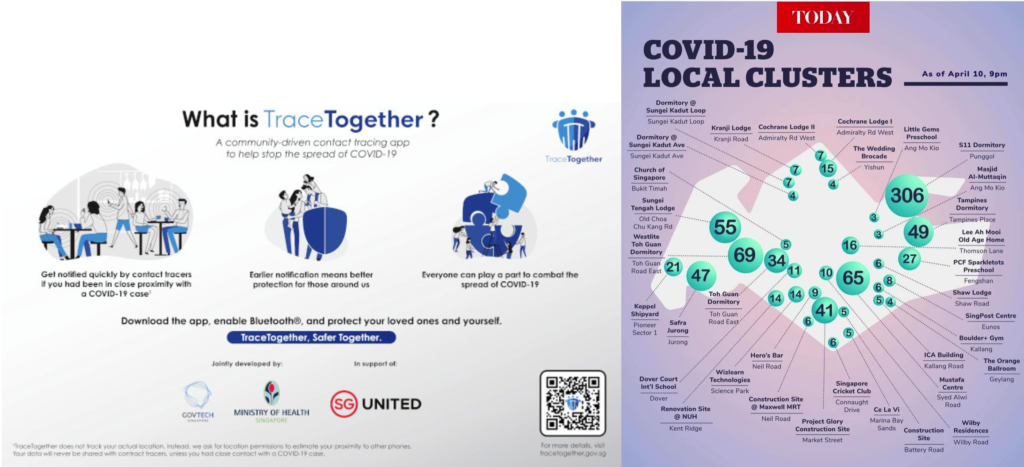

By ADK Singapore Posted August 21, 2020 In COVID-19

The COVID-19 crisis is acting as a stress test for the acute mental health and anxiety amongst all populations. There are already rising cases of domestic violence* and depression.
This is a good time to search for some evidence if some cultures are more prepared in continuing to weather the storm. And how others could adapt to their strategies.
The 5-dimensional Hofstede model*, is a significant reference point to understand relative attribution of certain behavioural disposition across cultures.
In times of crisis such as now, an interesting dimension to explore is the one of Uncertainty Avoidance (UA).
As explained on Hofstede insights* -This dimension is defined as the way that a society deals with the fact that the future can never be known: should we try to control the future or just let it happen? This ambiguity brings with it anxiety and different cultures have learnt to deal with this anxiety in different ways.
A higher PDI score is a more anxious society in times of chaos.
Interestingly the country that scores the lowest in the UA dimension, is Singapore* [8] as compared with high scoring countries like Japan* [92], France* [86], Italy* [75] and mid-scoring nations like, China*, India* [tied at 40] and the UK [35].

(Credit: Hofstede insights)
Hofstede insights attributes such a low UA score for Singapore to its high-Power Distance Index* (PDI) [74].
PDI refers to a society’s acceptance of uneven distribution of power.
But there are countries like India and China, who score higher on PDI as compared to Singapore yet score higher on UA.

(Credit: Hofstede insights)
While there are nations that accept uneven power structures, they may not proportionately trust the intentions and actions of these more ‘powerful’ agencies when it comes to community welfare.
So how does Singapore do things differently?
Let’s focus on how the Singapore Govt. has taken some significant steps to reduce fears amongst the population times of uncertainty.


Let’s be clear, there is no silver bullet to manage the anxiety amongst the communities during this pandemic. But it is become critical for agencies of influence, including brands, to reduce the stress amongst people. While every nation is trying its best to contain the crisis, they could all potentially take a leaf out of the island state’s handbook in navigating through uncertainty.
Credit & References:
